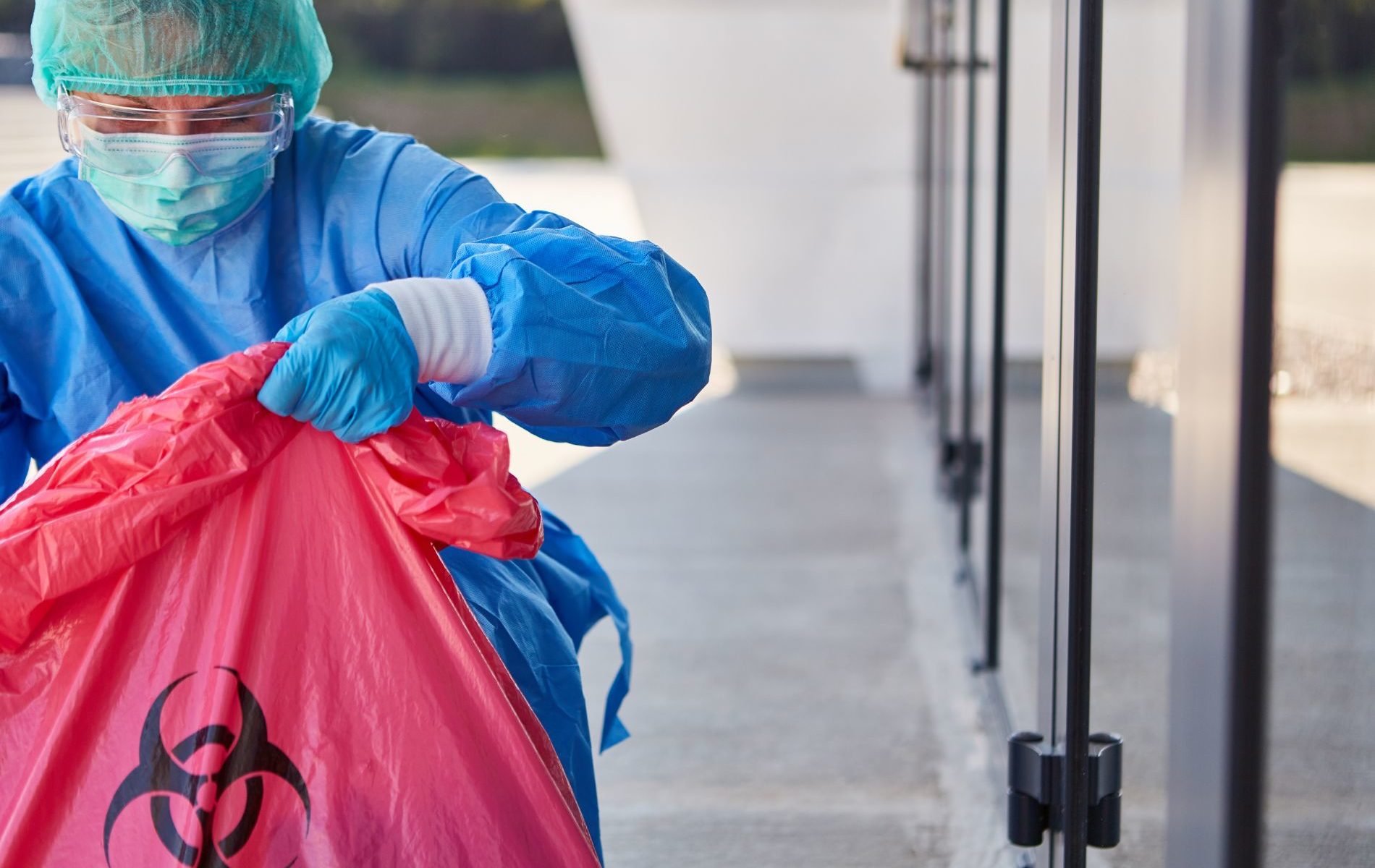The Single Strategy To Use For Reclaim Waste
The Single Strategy To Use For Reclaim Waste
Blog Article
A Biased View of Reclaim Waste
Table of ContentsGet This Report about Reclaim WasteHow Reclaim Waste can Save You Time, Stress, and Money.Some Known Facts About Reclaim Waste.The Buzz on Reclaim WasteSome Known Questions About Reclaim Waste.
Residential sewer waste refers to the waste and items from a residential septic tank. The appropriate monitoring and disposal of domestic sewer waste need fluid waste to be transferred to a sewage therapy plant where the proper approaches and equipment are applied to cleanse and dispose of waste.
Commercial waste usually includes prospective dangers, such as combustible materials or a mixture of liquid and solid waste products, and requires an advanced and comprehensive disposal procedure. The disposal of commercial waste typically involves the filtering of waste prior to transport to guarantee secure and appropriate disposal. Hazardous waste is produced from byproducts and runoff of commercial processes and production.
This kind of waste can not utilize the same sewage management transport or procedures as septic or industrial liquids. The industrial waste management process requires the evaluation and screening of liquid waste prior to it goes through the disposal procedure (liquid waste removal melbourne). Overflow waste is the fluid waste that comes from runoff and excess stormwater in very populated areas or cities
Overflow waste can cause contamination and flooding otherwise dealt with effectively. Discover more about sewer cleansing and waste administration. Guaranteeing proper waste administration can stop calamities and minimize ecological injury. Both people in domestic settings and specialists in commercial or production markets can profit from recognizing the processes and regulations of fluid waste management.
An Unbiased View of Reclaim Waste
Call PROS Services today to learn more about our waste management and disposal solutions and the appropriate means to take care of the fluid waste you produce.
(https://reclaimwaste1.weebly.com/)This so-called 'wastewater' is not just a vital source yet, after treatment, will certainly be released to our land, rivers or the sea. Utilized water from toilets, showers, bathrooms, kitchen area sinks, laundries and commercial processes is understood as wastewater.

water made use of to cool machinery or clean plant and devices). Stormwater, a type of wastewater, is runoff that streams from agricultural and metropolitan locations such as roofing systems, parks, yards, roadways, paths and rain gutters right into stormwater drains, after rain. Stormwater streams neglected straight to neighborhood creeks or rivers, ultimately getting to the sea.
The Greatest Guide To Reclaim Waste
In Queensland, a lot of wastewater is treated at sewage therapy plants. Wastewater is transported from residential or commercial sites via a system of sewage systems and pump terminals, known as sewerage reticulation, to a sewage treatment plant.
The Division of Natural Resources advises local federal governments concerning handling, operating and keeping sewage systems and therapy plants. In unsewered locations, regional federal governments might call for owners to mount specific or household sewer treatment systems to deal with residential wastewater from commodes, kitchens, washrooms and washings. The Division of Natural Resources authorizes making use of family systems when they are shown to be reliable.
In some new neighborhoods, treatment of some stormwater to eliminate clutter, sand and crushed rock has begun making use of gross toxin traps. Wastewater treatment takes place in 4 phases: Eliminates solid matter.
Utilizes little living organisms understands as micro-organisms to damage down and get rid of staying liquified wastes and great fragments. Micro-organisms and wastes are included in the sludge.
Reclaim Waste for Beginners
Nutrient elimination is not readily available at all sewer treatment plants because it needs costly specialist devices. It is ending up being much more typical in Queensland. Clear liquid effluent created after treatment may still contain disease-causing micro-organisms. If this effluent is released right into rivers such as rivers or the sea, the micro-organisms will at some point pass away out.

Most wastewater streams into the sewerage system. Under the Act, local governments carry out approvals and licences for eco appropriate tasks (Ages) involving wastewater launches that may have a local influence.
Reclaim Waste for Beginners
Tracking gives factual details about water quality and can confirm that licence conditions are being met. The info acquired through tracking offers the basis for making water high quality decisions.
Report this page